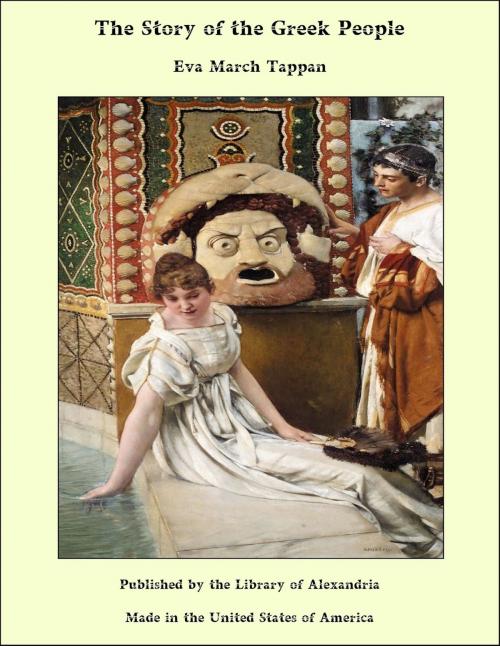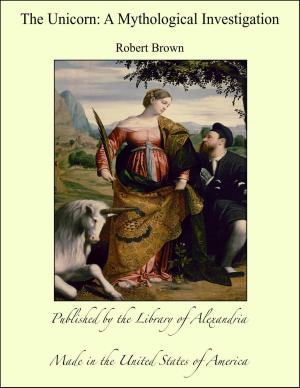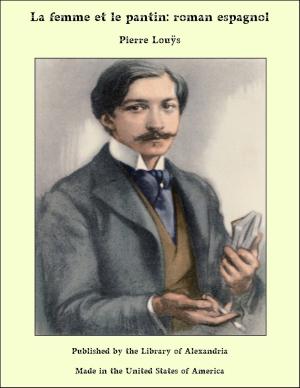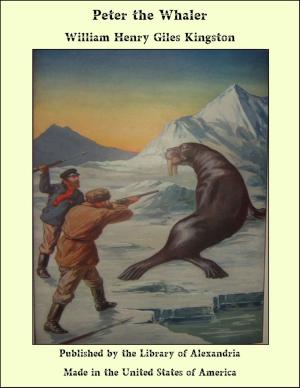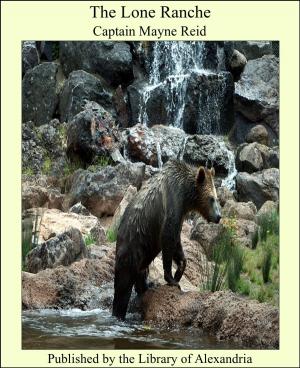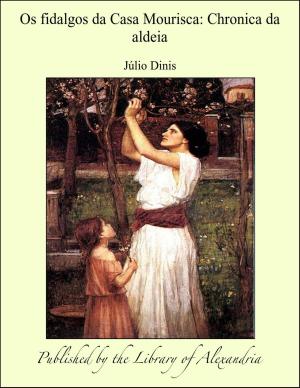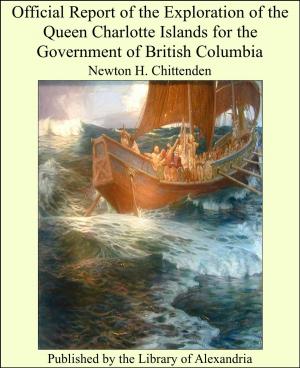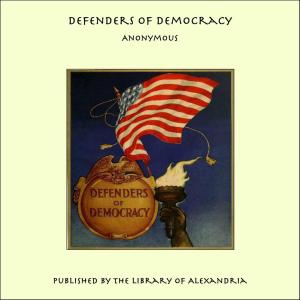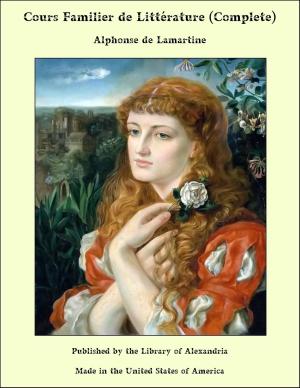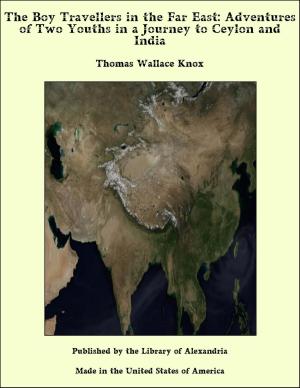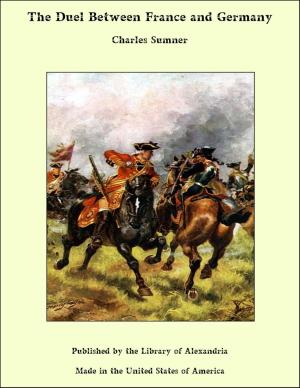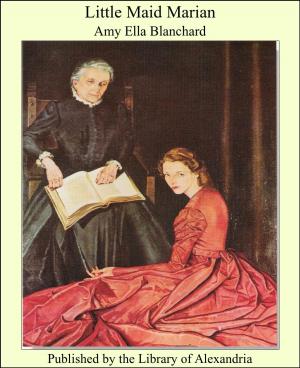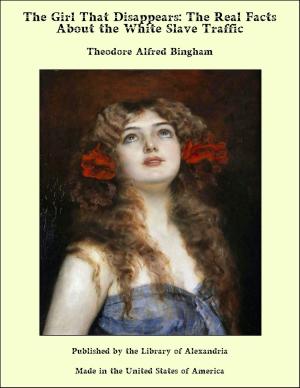The Story of the Greek People
Nonfiction, Religion & Spirituality, New Age, History, Fiction & Literature| Author: | Eva March Tappan | ISBN: | 9781465604385 |
| Publisher: | Library of Alexandria | Publication: | March 8, 2015 |
| Imprint: | Language: | English |
| Author: | Eva March Tappan |
| ISBN: | 9781465604385 |
| Publisher: | Library of Alexandria |
| Publication: | March 8, 2015 |
| Imprint: | |
| Language: | English |
Apollo was pleased with the boy's courage. He threw his arms around Phaëthon's neck and said, 'You are my own dear son and to prove it I will give you whatever you ask.' Now, what did the foolish boy ask but permission to drive the fiery chariot for one day. Apollo looked very grave. 'Even the other gods cannot do that,' he said. 'Zeus himself would not attempt it. I beg of you to choose some other gift.' But Phaëthon was bent upon this one thing; and as Apollo had given his word, he had to yield. The headstrong boy sprang into the chariot and seized the reins. The Dawn threw open the eastern gates, all purple and crimson and gold, and the horses galloped up the pathway of the sky. "Any one can guess what happened. A tempest would have been just as easy for the boy to manage as those fiery steeds. He could not even keep them in the road, and they rushed wildly about in one direction and then in another. The light weight of the driver was nothing to them, and the chariot was tossed about like a ship in a storm. Phaëthon did not dare to look at the earth, it was so far below him. He did not dare to look at the sky, it was so full of monsters: the Great Bear, the Little Bear, the Serpent, and the Scorpion. He dropped the reins, and the horses dashed onward more furiously than ever. The fiery chariot swung near and nearer to the earth. The mountains began to smoke, the rivers tried to hide themselves in the sands, the ocean shrank to a lake, and cities burned to ashes. 'Oh, help me, Father Zeus!' cried the Earth. Then Zeus hurled his thunder bolt at Phaëthon, and he fell from the chariot down into the stream Eridanus. His sisters stood on the bank and wept for him, and by and by they were turned into poplar trees; and even to-day, if you listen to the poplars, you can hear them whispering softly and sadly together of the fate of their lost brother Phaëthon." So it was that one story grew out of another, until one almost wonders that the story-tellers ever knew where to stop. If children asked who made the thick walls of monstrous stones that were old even in those times, the answer was "The Cyclops"; and then there were stories upon stories of those amazing one-eyed giants. "But where did we ourselves come from a child would sometimes ask; and there was a story about that too. "Once upon a time the people in the world were very wicked," it said, "and Zeus sent a great flood to destroy them. Now Deucalion and his wife Pyrrha were good, and so Zeus promised that they should be saved.
Apollo was pleased with the boy's courage. He threw his arms around Phaëthon's neck and said, 'You are my own dear son and to prove it I will give you whatever you ask.' Now, what did the foolish boy ask but permission to drive the fiery chariot for one day. Apollo looked very grave. 'Even the other gods cannot do that,' he said. 'Zeus himself would not attempt it. I beg of you to choose some other gift.' But Phaëthon was bent upon this one thing; and as Apollo had given his word, he had to yield. The headstrong boy sprang into the chariot and seized the reins. The Dawn threw open the eastern gates, all purple and crimson and gold, and the horses galloped up the pathway of the sky. "Any one can guess what happened. A tempest would have been just as easy for the boy to manage as those fiery steeds. He could not even keep them in the road, and they rushed wildly about in one direction and then in another. The light weight of the driver was nothing to them, and the chariot was tossed about like a ship in a storm. Phaëthon did not dare to look at the earth, it was so far below him. He did not dare to look at the sky, it was so full of monsters: the Great Bear, the Little Bear, the Serpent, and the Scorpion. He dropped the reins, and the horses dashed onward more furiously than ever. The fiery chariot swung near and nearer to the earth. The mountains began to smoke, the rivers tried to hide themselves in the sands, the ocean shrank to a lake, and cities burned to ashes. 'Oh, help me, Father Zeus!' cried the Earth. Then Zeus hurled his thunder bolt at Phaëthon, and he fell from the chariot down into the stream Eridanus. His sisters stood on the bank and wept for him, and by and by they were turned into poplar trees; and even to-day, if you listen to the poplars, you can hear them whispering softly and sadly together of the fate of their lost brother Phaëthon." So it was that one story grew out of another, until one almost wonders that the story-tellers ever knew where to stop. If children asked who made the thick walls of monstrous stones that were old even in those times, the answer was "The Cyclops"; and then there were stories upon stories of those amazing one-eyed giants. "But where did we ourselves come from a child would sometimes ask; and there was a story about that too. "Once upon a time the people in the world were very wicked," it said, "and Zeus sent a great flood to destroy them. Now Deucalion and his wife Pyrrha were good, and so Zeus promised that they should be saved.
